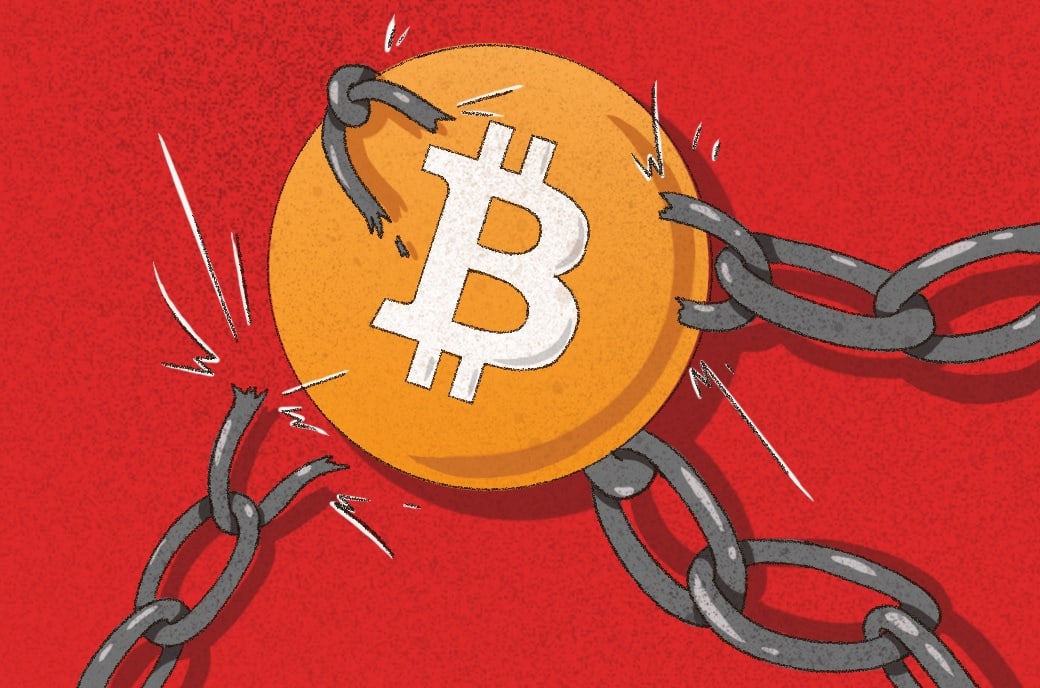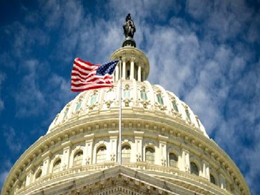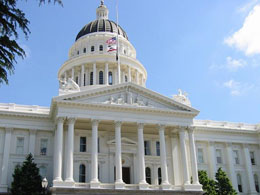
Bitcoin: Our Only Hope To Separate Money From State
In a world where power structures seem endlessly intertwined, Bitcoin offers an alternate pathway.Discussion around Bitcoin for years relegated it to being a bubble, tulipmania or some Ponzi scheme, but now even disbelievers likely acknowledge that Bitcoin is here to stay. What they may not realize is that beneath the veneer of charlatans, gamblers and grifters is a movement slowly making progress towards a grand vision of the future. A future where money is the medium of a flourishing society rather than an oppressive arm of the state. Since the odds of Bitcoin collapsing in on itself....
Related News
The European Central Bank’s mishandling of the money printer has endangered the eurozone. Bitcoin offers an alternative that separates money from the state.
By separating money from the government, Bitcoin takes the control of money out of the hands of politicians and gives it back to the citizens.
Throughout recorded history, religion and power have been inexorably linked. But Bitcoin now offers a beacon of hope.
Marco Santori of the Bitcoin Foundation has a piece up on CoinDesk in which he explores money transmission licenses at the state level in the US. This, he argues, is much trickier than simple FinCEN registration. The state with jurisdiction ultimately decides whether to grant a business a license to transmit money. It’s not a right, and it’s no entirely predictable for a 50-state rollout. Also, because a business meets FinCEN’s definition of a money transmitter does not mean the same applies at the state level. South Carolina and Montana do not even require licenses for such companies, and....
California has become the first state in the union to legally approve the use of Bitcoin. This is a welcome move, and we can only hope that, to paraphrase Jimmy Carter, laws like AB129 will have the inclination to spread. AB 129 repeals Section 107 of the California Corporations Code, which prohibited any corporation, association or individual from putting in circulation as money, anything but the lawful money of the United States. The new law, therefore, paves the way for, and pre-empts the possibility of anyone construing Section 107 as prohibiting the use of, Bitcoin in the state of....





